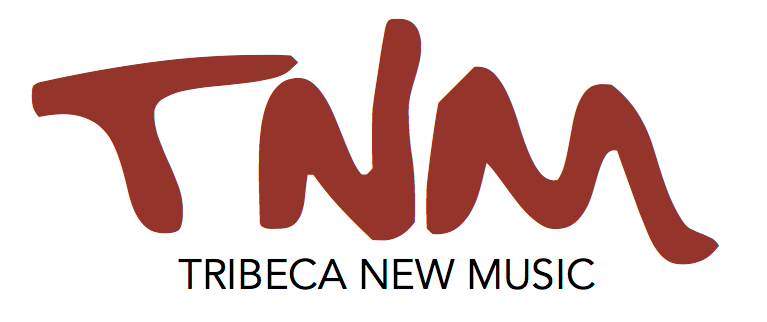New York Stories invites the audience to connect with that most intimate of instruments: the human voice. This concert brings together three iconic literary figures—Dorothy Parker of the Algonquin Round Table, Walt Whitman, the famed poet of Leaves of Grass, and Arnold Weinstein, librettist for Pulitzer Prize-winning composer William Bolcom. Their timeless words come to life through vocal performances, set to piano accompaniment by three distinctive composers: Arthur Gottschalk, Edmund Cionek, and William Bolcom.
Join us for an engaging evening of sophisticated and expressive vocal interpretations!
Program
Six Contrefacts: When George Met Dorothy
By Arthur Gottschalk - Lyrics by Dorothy Parker
1. Song of the Open Country
2. Bohemia
3. Folk Tune
4. Hopeful Heart
5. Song Two
6. Coda
Timothy Jones, Bass-Baritone; Scott Cuellar, piano
Prelude and Five Dreams of Walt Whitman (2018)
By Edmund Cionek - Text by Walt Whitman selected from “The Sleepers,” 1855, from Leaves of Grass
Prelude: I Wander all Night in my Vision
Markel Reed, Baritone
1. I See a Beautiful Gigantic Swimmer
Daniel Kamalić, Tenor
2. Now I Tell
Natalie Ballenger, Soprano
3. The Beach
Charlotte Detrick, Soprano
4. Lucifer
Markel Reed, Baritone with Ballenger and Detrick
5. Peace is always Beautiful
Natalie Ballenger, Charlotte Detrick, Daniel Kamalić, and Markel Reed;
Matthew Stephens, piano
Cabaret Songs (selected) (1977-1996)
By William Bolcom
Lyrics by Arnold Weinstein
1. Over the Piano
2. Fur (Murray the Furrier}
3. Waitin’
4. George
Timothy Jones, Bass-Baritone; Scott Cuellar, piano
Program notes
Six Contrefacts: When George Met Dorothy by Arthur Gottschalk
A contrafact is a musical composition that uses the chord progression of an existing song, but with a new melody and arrangement. One of the most famous of these is Charlie Parker’s “Ornithology,” which is a contrafact of the standard “How High the Moon.”
The spelling used here is deliberate, to seem a bit more French and, therefore, bougie, as Dorothy Parker rarely did anything without her tongue planted firmly in her cheek. The subtitle is a reference to the fact that, as far as we know, Dorothy Parker never crossed paths with George Gershwin, despite living and working at the top of their game at the same time and in the same town. The only known reference to them even being in the same room comes in a scene from the musical play “Thoroughly Modern Millie” in which they are both guests at the same party, along with many other luminaries of their day. So, what if George had met Dorothy? What songs might they have collaborated on?
We’ll never know, but my pieces offer, perhaps, a possibility. This song cycle was commissioned by, and written for, bass-baritone Timothy Jones and pianist Scott Cuellar, both excellent musicians who I am proud to have collaborated with on numerous occasions over the years.—A.G.
Prelude and Five Dreams of Walt Whitman (2018)
Years ago I was in residence at the downtown theatre company Mabou Mines and wrote an hour-long multimedia piece called “Attack of the 50 Foot Walt Whitman.” I selected several songs from that work to create tonight’s vocal cantata. Whitman is a fav poet of mine. His selection of subject matter was unusual for his time but so relevant to ours. These songs reference aspirations of Americans, Native Americans, community tragedy, slavery, and peace. Whitman’s view on democracy in the mid 1800s was more forward thinking than even Lincoln’s. –E.C.
Cabaret Songs (selected) 1977-1996
The four sets of Cabaret Songs by Bolcom/Weinstein are perhaps the composer’s most performed works. His music is at its most delightfully eclectic in these careful settings. Weinstein’s lyrics transform urban anecdotes into mini operas. “Over the Piano” depicts a piano man, a patron, and closing time. In “Fur” (Murray the Furrier) the poet celebrates a life well lived. “Waitin’” is a poignant hymn. As for “George”—well, George is a man we all would be lucky to have met. —E.C.

